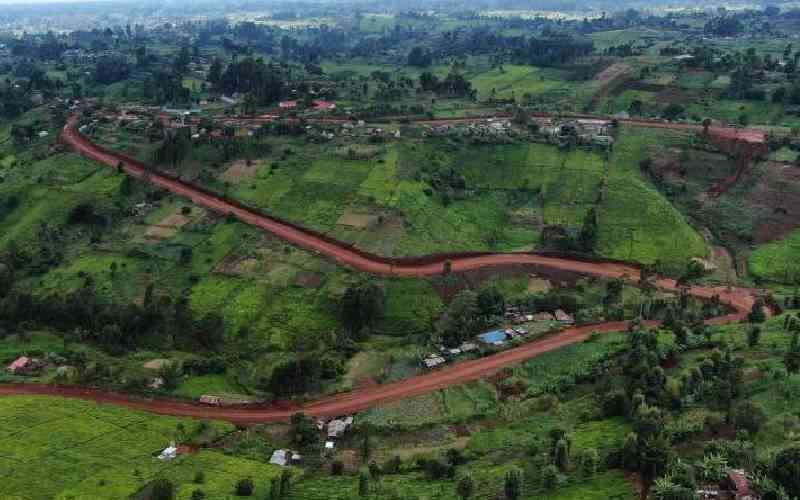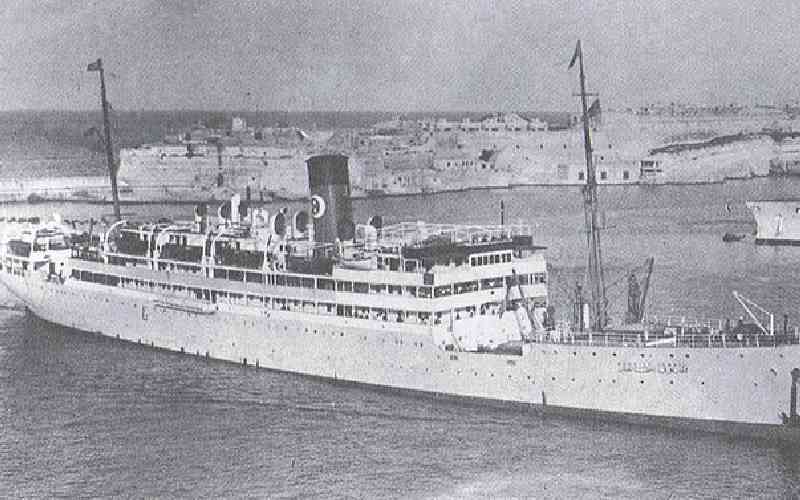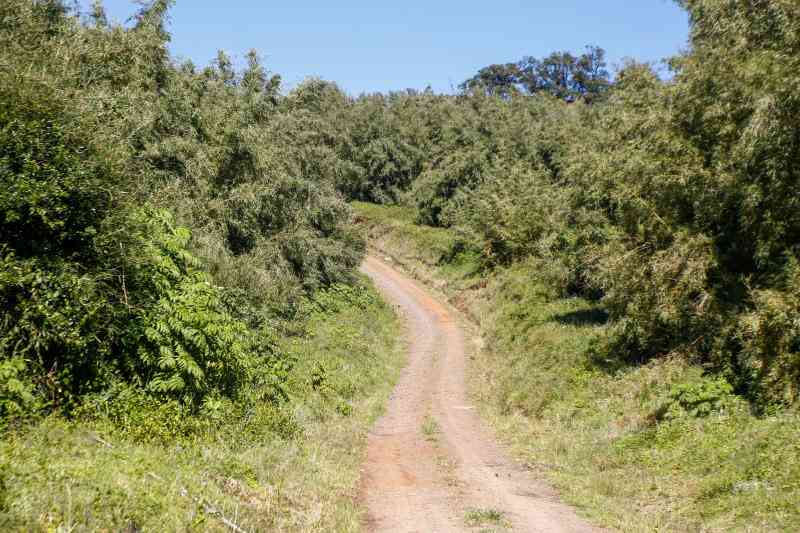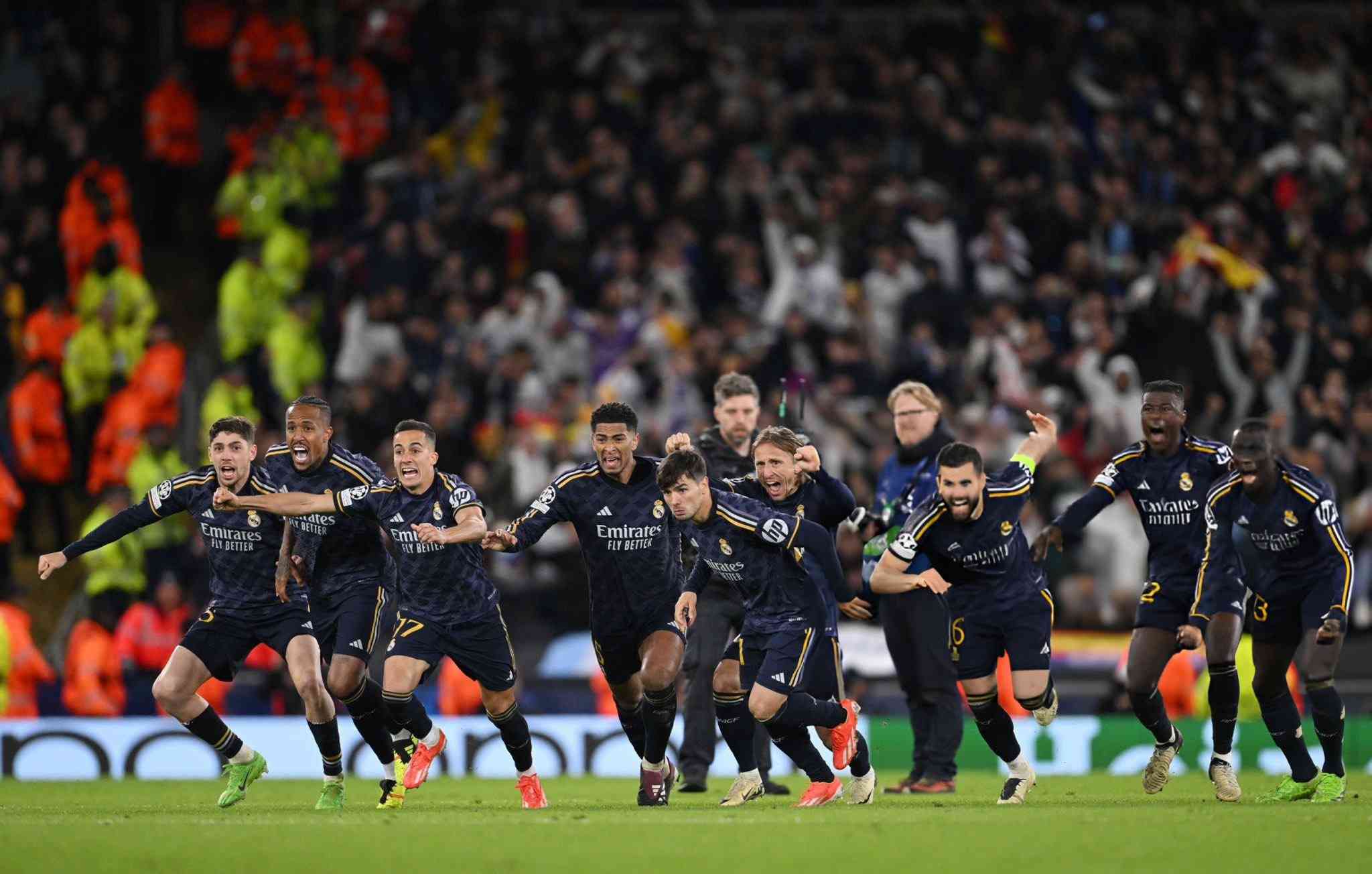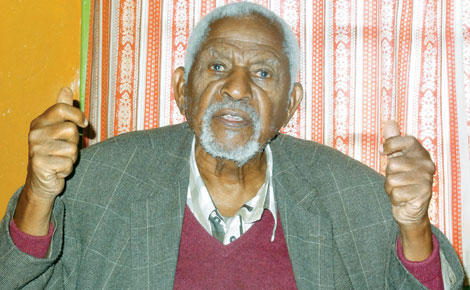
By Joe Ombuor
Kenya: When the monument honouring Mau Mau freedom fighters takes shape at Uhuru Park’s Freedom Corner in Nairobi, a big chunk of the credit will go to one octogenarian – the astute Gitu wa Kahengeri.
The man who puts his age at between 86 and 89 – for lack of official records at the time of his birth in the 1920s – represented the more than 5,000 members of the Mau Mau War Veterans Association when Nairobi City Commission officials recently marked out the site for the proposed monument that will cost the British government Sh12 million.
“It is part of the out of court settlement agreed on with the British government as compensation for our suffering during the detention years,” says Gitu, his face awash with pride.
“The settlement included Sh2 billion shared out equally among our 5,228 members. We each received Sh340,000.
“We preferred this shortcut arrangement to a prolonged court process that would probably have yielded more when most of us were long dead. Many like my father, with whom I was detained on Manda Island in Lamu, died without enjoying the fruits of the compensation.”
He pauses in his narration to “swallow saliva”.
I chip in with a comment and question that, to my surprise, turn the expression on his face from lukewarm to cold.
“The British compensation came late in the day and was small. Anything better from the Kenya Government?”
“None! It is a pity that our enemies, whom fought against, have treated us better than the country that we suffered to liberate. Ironically, those who were used by the colonial power to emasculate Mau Mau were the ultimate beneficiaries,” he says.
Completely forgotten
His brown complexion seems to turn a hue darker at this juncture: “You see, the home guards and apologists, including colonial chiefs who arrested us and mercilessly beat us up in detention camps, were the ones awarded with tracts of land and lucrative jobs for their children who were well disposed to receive a good education. Their children were the future DOs, DCs, PCs and permanent secretaries.”
He continues: “We were sidelined and completely forgotten until President Mwai Kibaki came to power barely a decade ago. It was the Kibaki regime that in 2003 lifted the ban on Mau Mau, paving the way for the formation of the Mau Mau War Veterans Association. I am at a loss as to why the (Jomo) Kenyatta and Moi regimes maintained the ban slapped by the colonialists during the emergency.”
Gitu made history in 1969, when he was elected the first MP for Juja constituency after it was hived off Gatundu constituency represented by founding President Jomo Kenyatta, beating then Thika Mayor Kariuki Mundia, businessman Babu Kamau, Allan Ndathi and Duncan Gathecha.
Stay informed. Subscribe to our newsletter
When the Kenyatta family decided to front the late Peter Muigai Kenyatta against him in 1974, Gitu found himself alone in the ring with a member of the First Family.
He reminisces: “The rest had developed cold feet, hence my brave campaign slogan, ‘Msiogope (do not fear)’. As expected, Muigai was declared the winner in unclear circumstances that saw him beat me narrowly.”
Five years on and Gitu was again alone on the ballot with Muigai. “They had all chickened out, just as had happened in 1974. But I faced him armed with my now famous “Msiogope” slogan.
“As fate would have it, Muigai died suddenly a few days to the 1979 General Election, prompting the Electoral Commission to declare me elected unopposed.”
He and other Members of Parliament had their term cut short by the msaliti (traitor) campaign against Charles Njonjo, then Minister for Constitutional and Home affairs in 1983, sparking snap elections.
“The Kenyatta family identified George Muhoho, a brother of Mama Ngina, to take me on and he predictably triumphed. I tried again in 1988 and Muhoho was declared the winner in the infamous mlolongo elections system that was notorious for short queues beating long ones.
Traces dislikes
“I called it quits with politics to concentrate on farming and business, only returning to the public limelight in 2003, when we formed the Mau Mau War Veterans Association in the wake of Mau Mau’s unbanning. I was elected Secretary General and spokesman,” he says.
Gitu traces his dislike for the White man’s domination to his early life when he grazed his father’s livestock in what is today Ruiru town.
“The area was dotted with farms and verdant expanses of rich pasture. A White woman later put up what she called Red Lion Hotel, patronised exclusively by the surrounding White farmers. The woman was popularly known as Wanjiku. All was well until the settlers decided to push out Black natives. We migrated to Kiamwangi where land was not as fertile and pasture was hard to come by, forcing my father to dispose of his herds. The milk that I was used to dried up, intensifying my hatred for the White man,” Gitu says.
He adds: “It pained me when a White principal at Kagumo African School, a Mr Ottaway, where I went for my intermediate education, insisted on caning pupils naked. When he ordered me to strip for corporal punishment, I simply walked out on him. That was my last day at Kagumo upon which my father transferred me to Lioki in Kiambu where I sat my Kenya African Preliminary Examination (KAPE) in 1944.
That was the end of his formal education.
Gitu immediately entered the job market as a teacher at Gakure Primary School in 1944, earning Sh30 per month.
Ranked fourth
Destiny brought him back to Ruiru when he landed a job as a telephone operator. He was later transferred to Makuyu in Murang’a in the same capacity.
“The job thrust me into the lives of white colonialists. I could hear their conversations over the phone and felt their hatred for black Africans. I hated them even more.
It hurt me that we were ranked fourth-class citizens in our own country, with Somalis ranked higher because of their woolly hair that put them closer to second-ranked Indians. I swore to fight the discrimination and resigned from my job. My salary then was Sh45 per month,” he says.
As a businessman selling firewood to Indians in Nairobi, Gitu joined the Kikuyu Central Association (KCA) aged 17. “I first came to Nairobi in 1948 and by 1950, took a commitment oath to wage war on the white colonialists.”
He was arrested in 1953 and taken first to Athi River detention camp with later transfers to Lodwar Prison and Takwa Detention Camp on Lamu’s Manda Island where his father was among the detainees.
“I was in the group that dug the furrows at Mwea Irrigation Farm amid lots of beatings,” he recounts.
 The Standard Group Plc is a
multi-media organization with investments in media platforms spanning newspaper
print operations, television, radio broadcasting, digital and online services. The
Standard Group is recognized as a leading multi-media house in Kenya with a key
influence in matters of national and international interest.
The Standard Group Plc is a
multi-media organization with investments in media platforms spanning newspaper
print operations, television, radio broadcasting, digital and online services. The
Standard Group is recognized as a leading multi-media house in Kenya with a key
influence in matters of national and international interest.
 The Standard Group Plc is a
multi-media organization with investments in media platforms spanning newspaper
print operations, television, radio broadcasting, digital and online services. The
Standard Group is recognized as a leading multi-media house in Kenya with a key
influence in matters of national and international interest.
The Standard Group Plc is a
multi-media organization with investments in media platforms spanning newspaper
print operations, television, radio broadcasting, digital and online services. The
Standard Group is recognized as a leading multi-media house in Kenya with a key
influence in matters of national and international interest.


